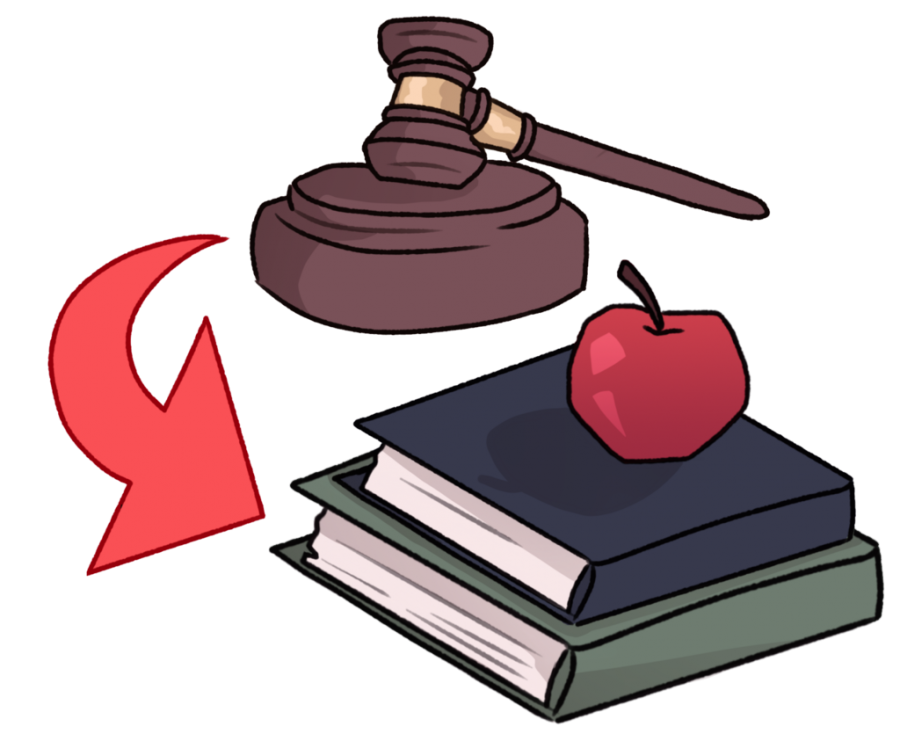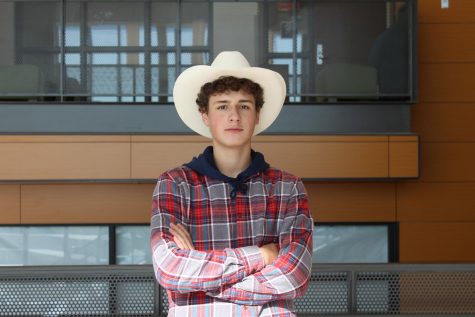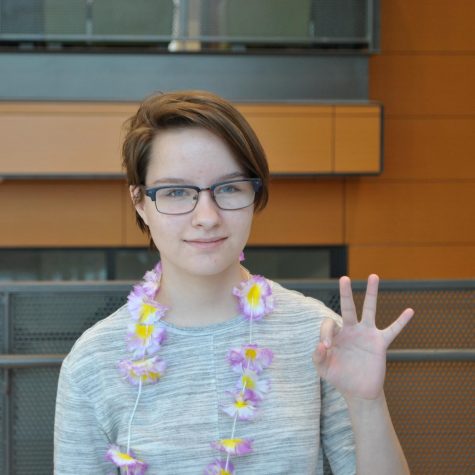From the courtroom to the classroom: three teachers’ journeys
Zephyrus profiles teachers Betsy Nimmo, Ellen Guerin, and Christopher Dalki on their paths from law school to high school
November 7, 2018
At Edina High School, there are social studies teachers that have educational backgrounds unique for a high school setting: Ms. Nimmo, who teaches AP World History and AP Comparative Government, Ms. Guerin, who teaches U.S. Government and is the advisor for Whigrean, and Mr. Dalki, who teaches Sociology and Criminal Law. All have a law degree in common, but their career paths are different.
When Ms. Nimmo graduated from college in 1981 with a history degree, she wanted to be a college professor, but there were no available jobs. Ms. Nimmo decided to take a year off and work in a law firm and eventually attended Northwestern Law School. After graduating, Ms. Nimmo worked at numerous corporate law firms including Leonard Street and Deinard—one of the largest corporate law firms in Minneapolis. “It was just a lot of research and writing. And I am kind of a people person,” Ms. Nimmo said. However, it was the lack of flexibility for balancing family and work that pushed Ms. Nimmo to quit her job at Leonard Street and Deinard. Ms. Nimmo found her way to EHS at a teachers’ fair where she landed an interview and eventually a job. Ms. Nimmo’s law career influences her teaching in a positive way: “It gives her real-life experience about what she is talking about, especially within AP Comparative Government and understanding how our legal system works. It helps her draw those connections from within the United States and around the world,” Ms. Nimmo’s teaching assistant, senior Kathleen Scoggin said.
Ms. Guerin was a chemistry major during her junior year of college planning to go to medical school. After taking a physical chemistry class she didn’t enjoy, she changed her major to history. “My parents had always accused me of being good at arguing,” Ms. Guerin said. Family motivation and a high score on the LSAT brought Ms. Guerin to Michigan Law School where she graduated to later practice bankruptcy, environmental, and immigration law. “I was very idealistic. When you work for a law firm, your clients are there because they want you to save them money. A lot of the people at private firms represent chemical companies, pharmaceutical companies, and people in trouble with the EPA [Environmental Protection Agency],” Ms. Guerin said. Representing a side that did not align with her morals pushed Ms. Guerin to pursue another career. Ms. Guerin was accepted for the Paul Douglas Scholarship which paid for her schooling to become a teacher. However, Ms. Guerin had a unique transition that differed from the other teachers. She had an important realization, “I think teachers need to be treated with more respect. Teachers work as hard as lawyers do, but they get paid a lot less and not nearly as respected by other adults,” Ms. Guerin said.
Since he was a kid, Mr. Dalki was inspired by his uncle who was a criminal defense lawyer in Chicago and his mom, a legal administrator. Following in their footsteps, Mr. Dalki graduated from DePaul Law School and worked as an attorney focused on insurance, product liability, environmental insurance, and commercial transactions. “We represented the defense side of corporations against claims by plaintiffs,” Mr. Dalki said. This meant 60 to 70 hour work weeks that took away time with his family. Mr. Dalki decided to change careers after meeting with a marketing executive who became a teacher.
All three of these former lawyers are happy with their transitions from lawyer to teacher. Their past careers in law allow them to apply a different perspective and knowledge to the subjects they teach, that without their past law careers would not be possible. Although not all the teachers miss practicing law, they all agree it helps them be better teachers.



